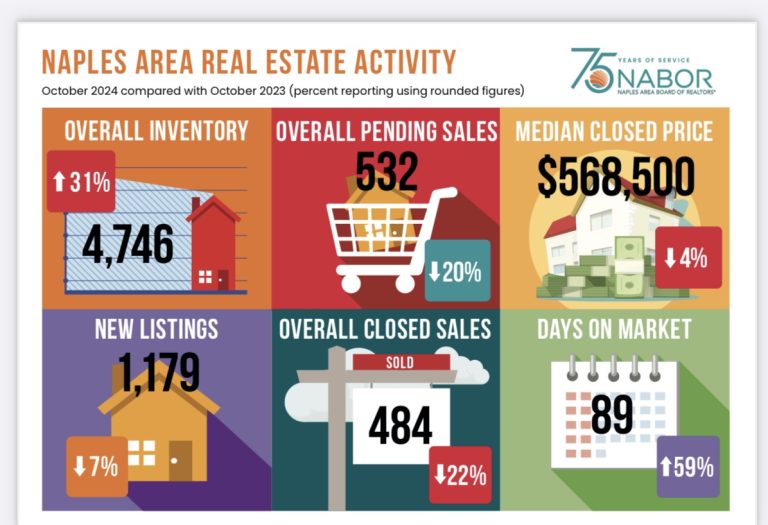The transition from renting to homeownership has historically been a significant milestone, often reflecting personal growth, financial stability, and societal status. For Generation X, those born between the early 1960s and the early 1980s, this shift to home buying has mirrored broader economic and cultural changes, revealing an evolving mindset toward property ownership.
Initially, many Gen Xers were mired in economic uncertainty during their formative years. The dot-com bubble burst and the 2008 financial crisis profoundly impacted their outlook on financial security, leading to a perception of renting as a safer, more flexible alternative to homeownership. Renting provided a necessary buffer against market volatility, allowing them to prioritize lifestyle choices, such as career mobility and urban living, over static investments.
However, as Gen Xers have matured, so too has their perspective on homeownership. This demographic has begun to recognize the long-term benefits of owning property, such as equity accumulation and stabilizing living costs. The pandemic further expedited this shift, as remote work fostered a desire for more spacious and permanent living arrangements, prompting many to reassess their housing situations. The rise in remote work has encouraged family formations and an exodus from urban areas, amplifying the appeal of suburban homes.
Today, Gen Xers are increasingly viewing homeownership not just as a financial investment, but as a means of fostering stability for future generations. They desire to plant roots and create community spaces for their children, moving beyond the fleeting nature of rental arrangements. This evolving mindset toward home buying reflects a deeper understanding of personal legacy and wealth-building, underscoring the importance of home in providing both emotional and financial security in an ever-changing economic landscape.



